Date: 5 March 2013
Using curved glass is a fantastic way to carry on that design feature in message to all external and internal faces of the design."Arial">.jpg)
"All curved glass units are made in kiln baths"
All curved glass units are made in kiln baths where the radius of the curve required is cut on water jets into metal templates, forming the shape of the glass curvature. The flat glass is placed over the metal mould and the kiln is heated very quickly, kiln goes from 1-1000 degrees in 7 minutes. Glass then forms to the space of the curve.
Curved glass can be made in one of three distinct ways, creating three main types of curved glass, each suited for different applications.
"To allow for curved glass to be used in most residential and commercial environments where safety or impact resistance glass is required, further strengthening is needed to each glass unit"
Annealed Glass Bends are manufactured from raw float glass. The curve is produced by heating the flat glass which then softens and moulds into the shape of the below mould. Holes, cut outs and notches can be cut into the glass as well. Annealed Curved Glass can be installed in a single glazed format or installed into a double glazed unit but Annealed bends is not a safety glass so cannot be used where impact resistance is required.
To allow for curved glass to be used in most residential and commercial environments where safety or impact resistance glass is required, further strengthening is needed to each glass unit.
By laminating the multiple curved panes together you create a thicker glass unit which acts to hold the glass together in the event of a breakage therefore able to withstand safety regulations for impacts. Two annealed bends are secured together and laminated by resin lamination – pouring resin between the two glass panels and curing it on a UV bed. Once cured the curved unit is permanently laminated to form a curved safety glass unit.
.jpg)
"Toughened curved glass panels can also be heat soaked for a better resistance against Nickel Sulphide Inclusion"
On curves where thinner glasses are required you can toughen the curved glass to enable impact safety. Toughened curved pane is produced from an annealed curve which is then heated up to 700 degrees Celsius and cooled very quickly. This induces stress in the glass surface and increase the strength of the glass by up to 5 times, creating a stronger, more durable curved panel for safety use. As with flat toughened glass, if it is broken, curved toughened glass will disintegrate into small relatively harmless pieces which are neither large enough nor sharp enough to cause serious injury. Toughened curved glass panels can also be heat soaked for a better resistance against Nickel Sulphide Inclusion.
.jpg)
"Both toughened and laminated curved glass panels can be brought together to form a double or triple glazed curved glass unit"
Some element of distortion, both when looking through and in reflection, is inevitable in curved toughened glass, particularly when viewing a moving object through the glazing. It should also be noted that toughened curved glass will split direct sunlight into striped shadow.
Both toughened and laminated curved glass panels can be brought together to form a double or triple glazed curved glass unit for external uses as well as treating curved units with all manner or performance coatings for a more functional glass piece. The results range from cylindrical single curves, to complex non cylindrical items with tight radius curves and tangents.
The maximum glass sizes and radius curves depend on the thickness of glass to be used to allow for tight radius curves and a wide range of applications in architectural, commercial and residential installations.
.jpg)


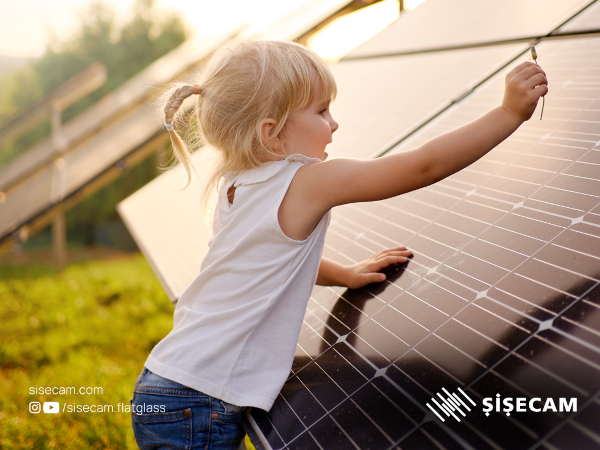
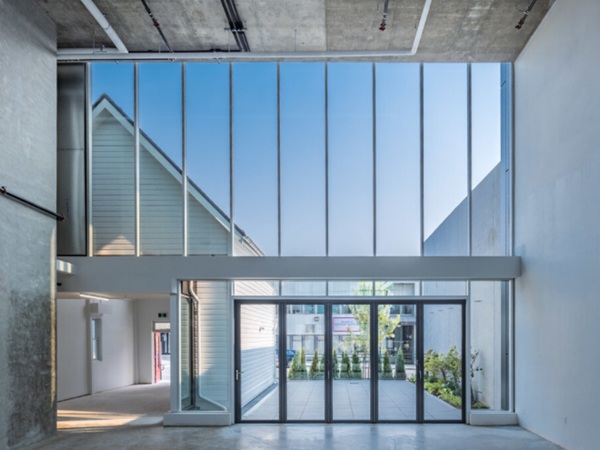
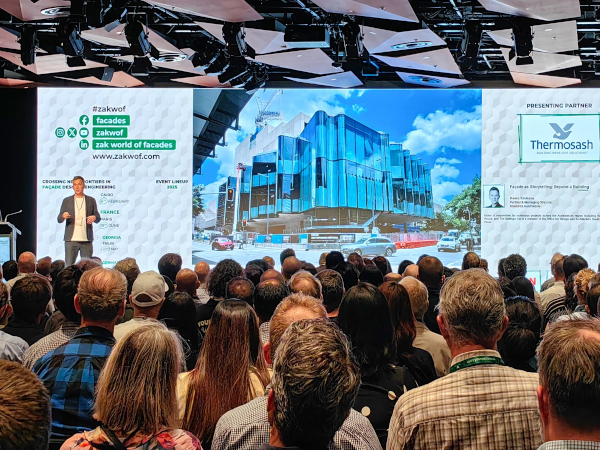
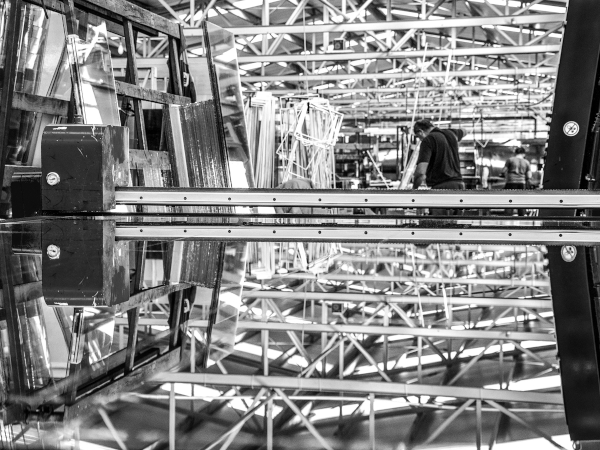
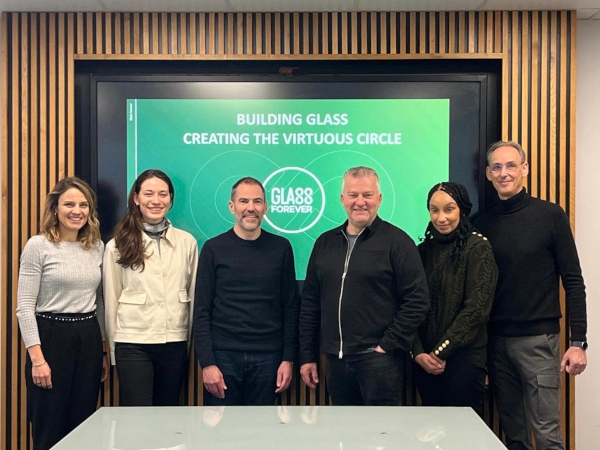










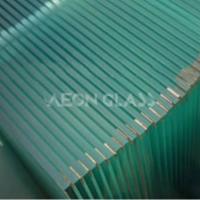
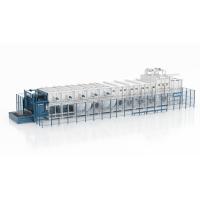
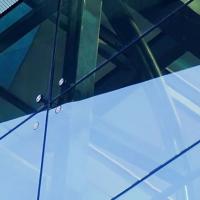
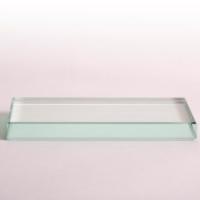
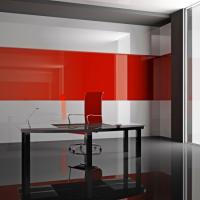
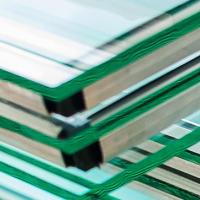
Add new comment